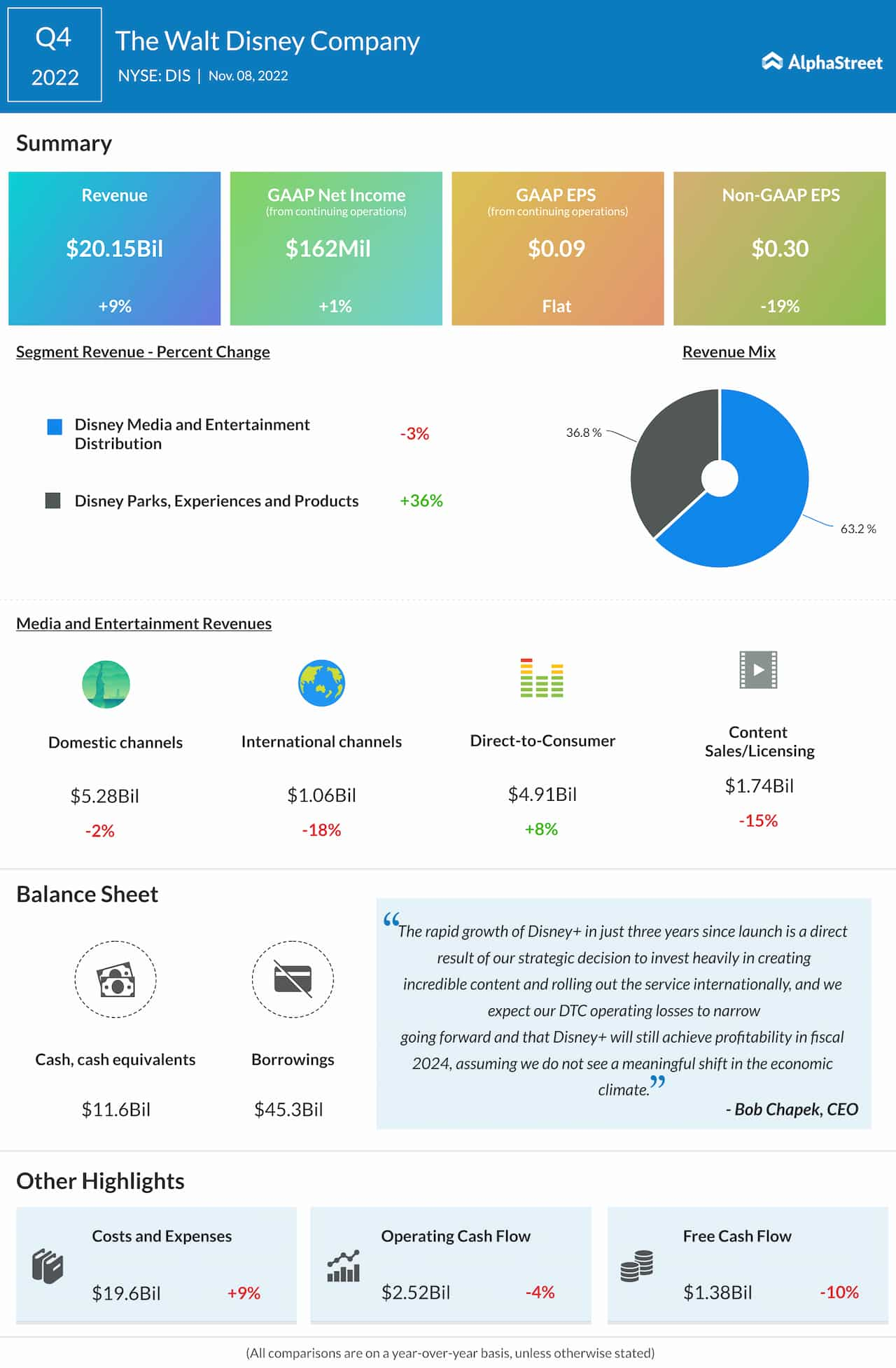Perplexity, the new kid on the AI block, offers an intriguing business model that closely resembles how users interact with platforms like ChatGPT or Gemini. Essentially acting as a “wrapper” for ChatGPT, Perplexity combines the delivery of relevant URLs, akin to traditional search engines, with clear, ChatGPT-style textual explanations.
What it claims to do is check the accuracy of results carefully and provide citations.
Operating on a freemium basis—a common approach on the internet—Perplexity allows users to access more comprehensive features and depth through a monthly subscription. The company, boasting a user base of around 10 million, has 10% of its users in India. In a discussion with Mint, co-founder and CEO Aravind Srinivas claimed it had $5-10 million in revenues.
The paid Pro plan offers features such as Copilot, an interactive research assistant; unlimited file uploads; access to the latest AI models like GPT-4 and Claude 2.1; and an API (application programming interface) for developers to build upon Perplexity’s foundation.
Despite its small size and modest revenue when compared to giants like Google or OpenAI, Perplexity’s agility allows it to explore what is currently a niche market.
The concept of “mixed results,” offering both links and textual explanations, may not attract a wide audience now, but there will be some users who want both. It also holds appeal for power users prioritizing authenticity and precise citations—areas where large language models (LLMs) often fall short.
What if this market grows? That’s what Perplexity is betting on. It may also remain a relatively small market in terms of users. But those users could be very high value in that they are high net worth and willing to pay a premium. In that case, the market may attract a lot of advertising as well and there could be other spinoffs. As with the search market itself, this allows advertisers to target users with great accuracy based on what they look for.
Srinivas believes, or hopes, Perplexity could skim off the cream of the Search & ChatGPT userbase. In that case, ad revenues would follow and other opportunities would arise.
If he’s right, the business would exploit a niche that is currently too small to have interested the big guns but one with high growth potential.
That would make it similar to what was still a tiny company did to IBM in the early 1980s. That company is a biggie now. It is called Microsoft. IBM, often referred to as “Big Blue,” developed a hardware design for the home PC, considering it a minor niche. Consequently, this computing giant licensed Microsoft to create an operating system, known as DOS. However, as events later showed, IBM significantly underestimated the PC market’s potential and growth.
Perplexity must be hoping that the future plays out this way vis-a-vis Google and OpenAI.
















